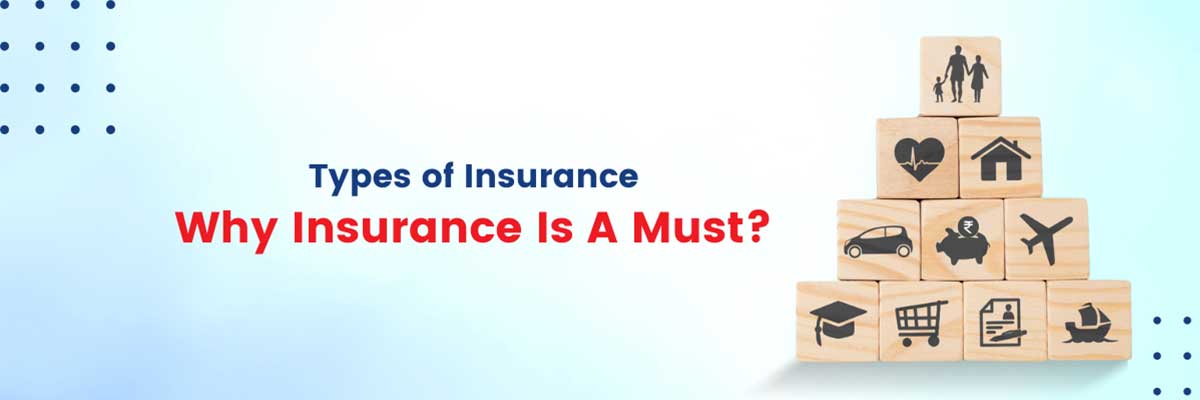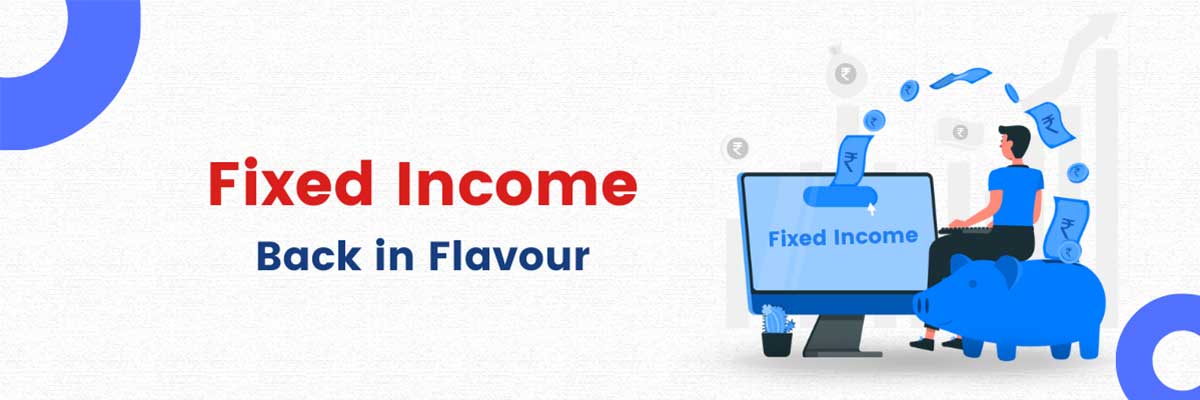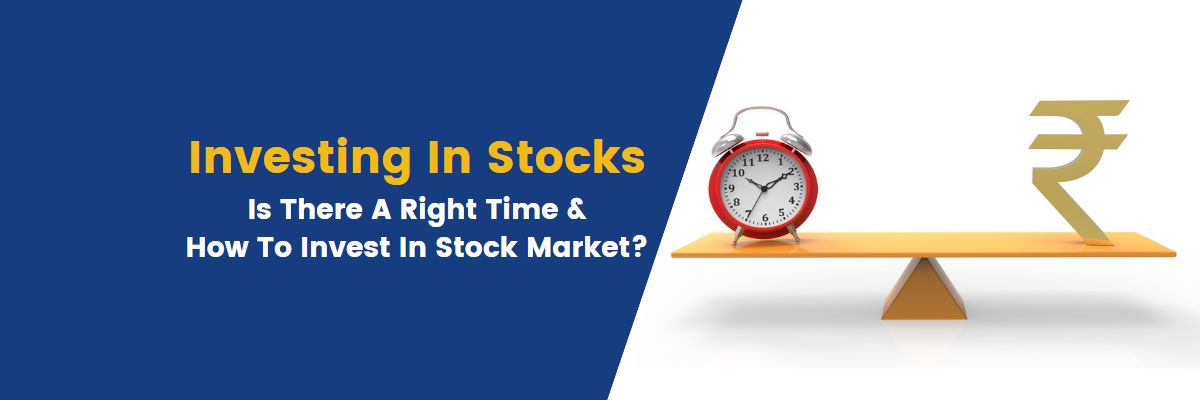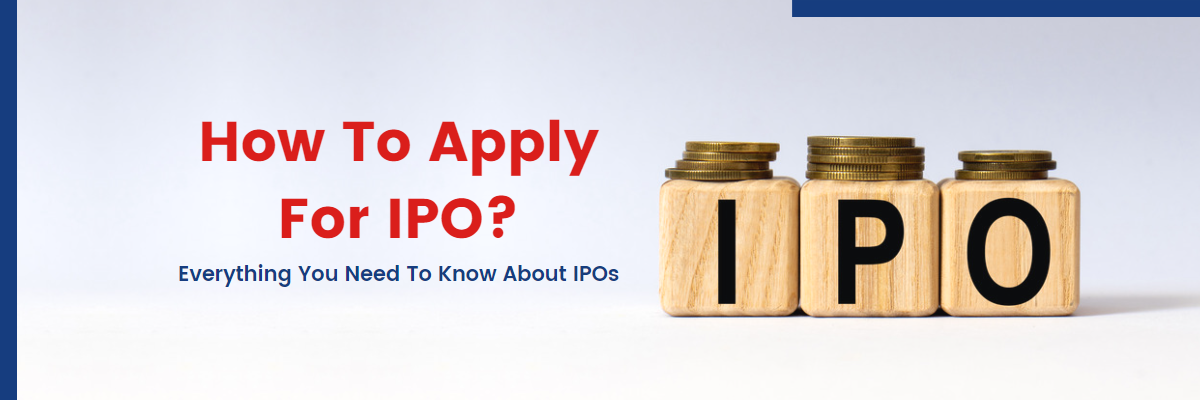Insurance, often known as insurance coverage or insurance policy, is a contract between the insurer and the insured. The insurance offers financial protection against any losses the insured might incur in certain situations. Let's go over the definition, operations, types, and benefits of insurance in more detail.
What Is Insurance?
In the event of an emergency, such as a fire, theft, legal action, or automobile accident, insurance acts as a financial safety net to assist you and your loved ones in recuperating. An insurance policy, which is a binding legal agreement between you and your insurance provider, is what you'll get when you buy insurance. Additionally, insurance pays you or a chosen recipient, known as a beneficiary, in accordance with the terms of your policy when you experience a loss that is covered by your policy and file a claim.
The most difficult aspect of insurance is having to pay for a service you hope you never need. Nobody wants to experience a negative event. However, experiencing a loss without insurance may leave you in a challenging financial position.
Why Is Insurance Important?
Insurance is an important financial instrument. Knowing that you will receive financial aid after a disaster or accident might reduce your anxiety and hasten your recovery.
If you have life insurance, this can save your family from having to leave the house or allow your children to attend college. When it comes to auto insurance, it can imply that you have additional money on hand to assist with paying for repairs or a replacement vehicle following an accident. After a negative event throws your life off course, insurance can help, at least in part.
What Are The Types Of Insurance?
When we talk about how many types of insurance there are, there are several. Let’s talk about the most important ones.
• Life Insurance
• Health Insurance
• Motor/Vehicle Insurance
• Home Insurance
• Fire Insurance
• Term Insurance
i. What Is Life Insurance?
As the name suggests, life insurance is an agreement between an insurance company and an insurance policy holder, where the insurer guarantees to pay a sum of money in exchange for a premium, upon the demise of an insured person or after a certain period of time.
A comprehensive life insurance policy is given to you in exchange for paying premiums for a certain policy term to the life insurance provider. Life insurance safeguards the future of your loved ones by providing a lump sum payment known as a death benefit in the case of an unforeseen circumstance. After the policy term has expired, you may be eligible for Maturity Benefit under some life insurance policies.
ii. What Is Health Insurance And Why Do You Need One?
Health insurance is a category of insurance that pays for unexpected medical costs brought on by an illness. These expenditures may be associated with the price of hospitalization, the price of medications, or the cost of medical visits.
Nobody chooses to get sick or harmed, but anyone might develop a serious illness at any time. Your savings that you have built up over time may be significantly stretched by the cost of the illness's treatment. This implies that you might have to choose between giving your child the greatest possible education and not making your mortgage payments on time.
Your accumulated resources for your children's education, marriage, home purchase, or even retirement can be wiped out by one illness. You wouldn't want your family's hopes to be dashed due to a simple ailment, especially if you had the financial means to do so. When you are young and healthy, getting a health insurance policy is advantageous.
iii. What Is Term Insurance?
The simplest and safest type of life insurance is term insurance. At the most reasonable prices, it offers your family financial safety. With term insurance, you can obtain substantial life insurance (also known as sum assured) for a comparatively modest premium cost. If the insured person passes away within the policy's term, the benefit amount is paid to the nominee.
If you are the primary breadwinner, obtaining a term plan would cover your family's monthly expenses while you are away.
You may have taken out a loan for a vehicle, home, personal use, or education. Your family may experience financial hardship while you are away due to the payback of these loans. Your loans are paid off with the income from your term insurance plan, which also ensures that your family won't have to shoulder further debt.
Some term insurance policies include critical illness coverage, which safeguards your family not only in the event of unforeseen events but also while you are still alive.
iv. Vehicle Insurance or Motor Insurance
As the title implies, vehicle insurance is an insurance product that protects against the financial risk of vehicle damage. It is also known as motor insurance or automobile insurance. The regulations cover two-wheelers, four-wheelers, and three-wheelers such as auto rickshaws.
The vehicle insurance protects against potential damage from collisions with other vehicles, objects, traffic, and third parties. Weather-related or natural disaster-related damage may occasionally be covered by car insurance.
v. What Is Third Party Insurance?
According to the Motor Vehicle Act, all vehicle owners are required to have third-party insurance, also known as "act-only" insurance. This sort of insurance provides protection from damage to a third party's vehicle, loss of personal goods, and bodily harm. The insurer is not covered by the insurance in any way.
If a policyholder has an accident, the insurer will provide money to cover the expense of fixing the property of the third party. It lessens the policyholder's financial burden as a result. Before submitting a claim in the event of an accident, the insured must notify the insurance provider right away.
The insurance company assigns a surveyor to evaluate the damages and confirm the estimated cost of repairs as soon as the claim is lodged. The insurance company settles the claim after the verification is complete.
What Is An Insurance Claim?
A formal request for compensation for damages covered by your insurance policy is known as an insurance claim.
An insurance policy is a contract between you and your insurer. You are required to pay a set premium. In return, the insurance company provides financial protection against losses in accordance with the conditions of the policy.
A claim must be made after the occurrence of the insured event. The intent is to inform the insurance provider that the occurrence of the event for which you selected coverage has occurred and that the provider should pay the claim amount.
In Conclusion
In an insurance contract, one party is indemnified by the insurer against losses resulting from particular calamities or hazards. It aids in against financial loss for the insured person or their family.
If you're unsure, contact us and ask any questions you may have about insurance. We are specialists in insurance and have the experience to help you navigate the insurance process and choose the appropriate insurance coverage for you, the people and things you care about most, and yourself.
Stay safe!!! Stay insured!!!








